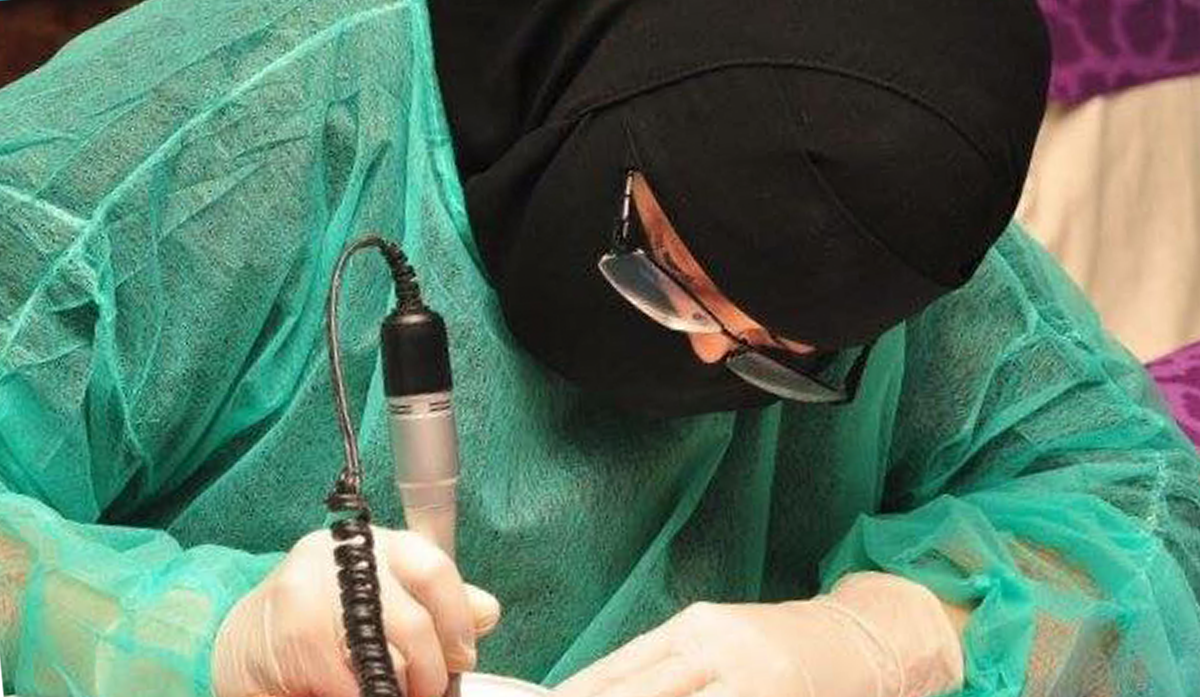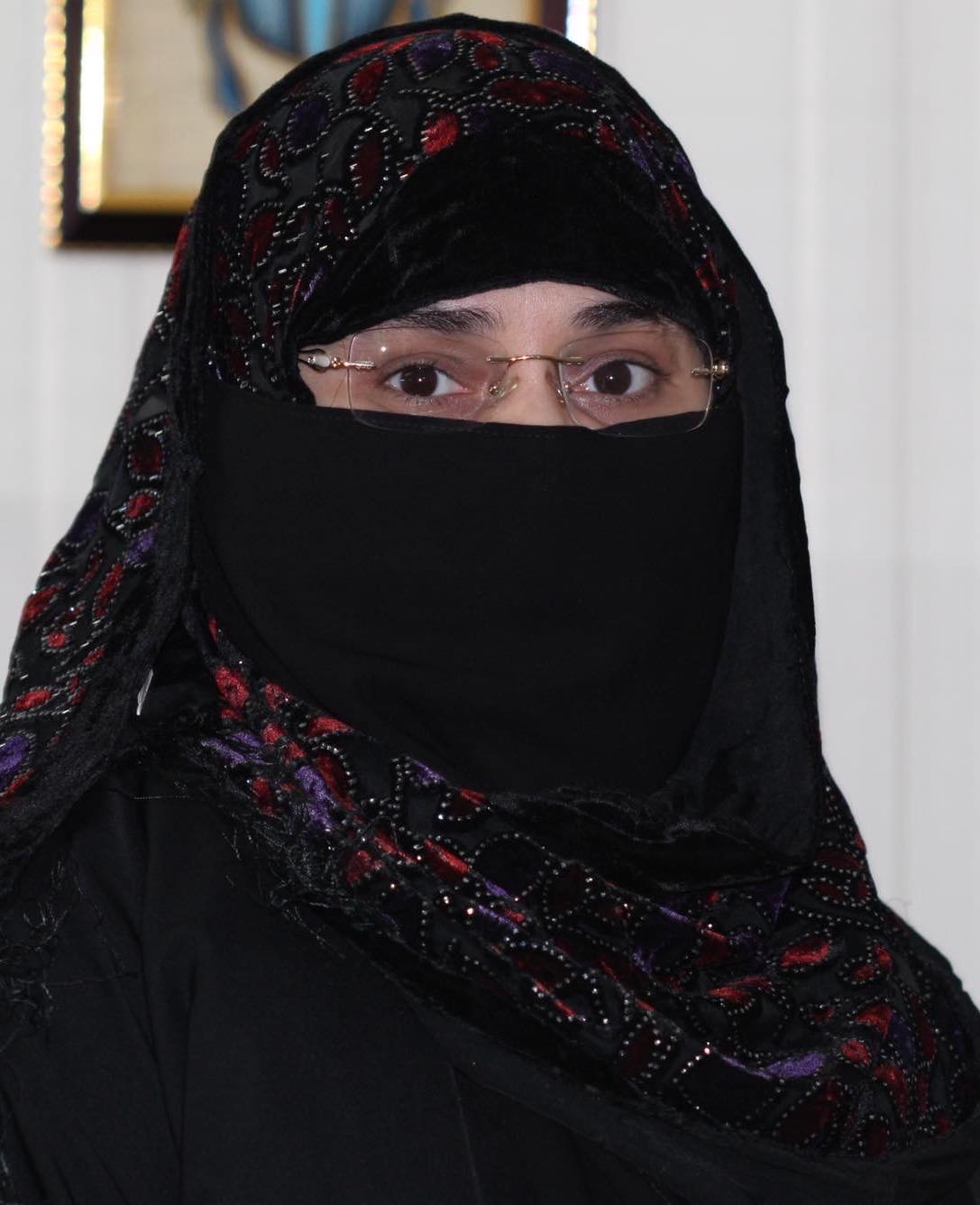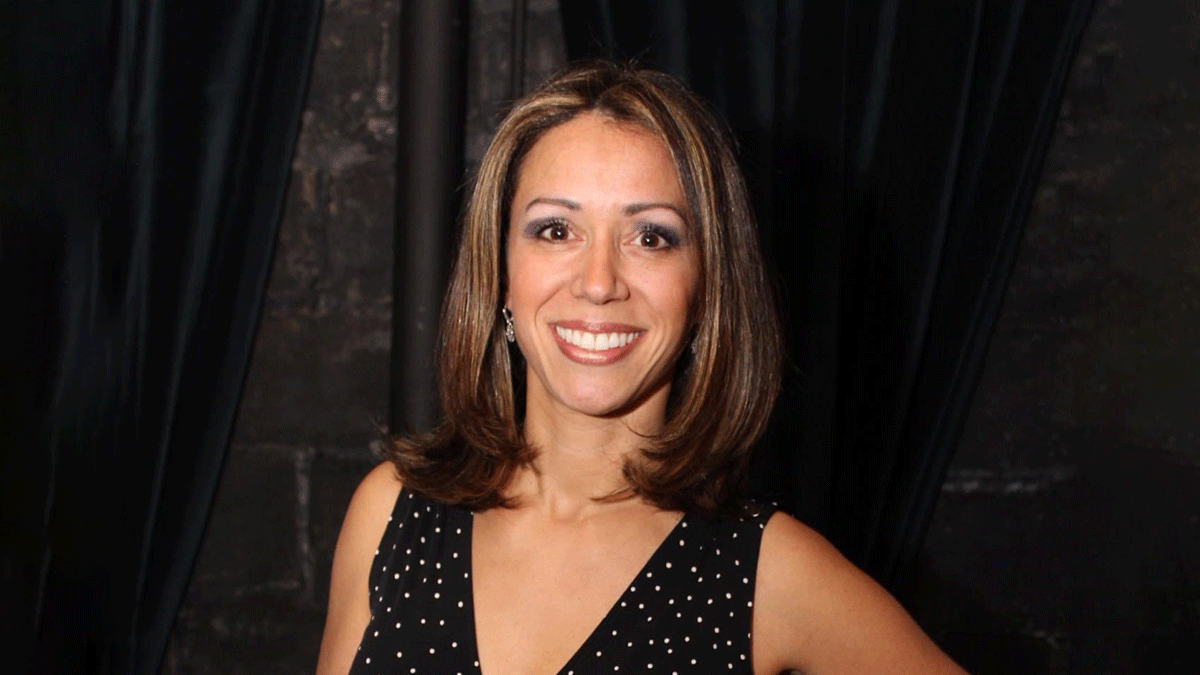Dr Najiya Ilyas is a rising star in the RIPE community. A frequent contributor to the popular facebook page, Dr Ilyas presents intriguing cases in full protocol. She is a practicing dentist in Pakistan, and her academic achievements and professional success presents as somewhat of an outlier to the statistics that Pakistan publishes on illiteracy, education, and women in careers.
The challenges that Dr Ilyas has faced in becoming a practicing general dentist in Karachi, Pakistan, is familiar to the women who are entering the field of dentistry in greater numbers than ever before. RipeGlobal recognises the large number of female dentist students and young professionals who are based in developing countries. To all of you, Dr Najiya Ilyas’ story will probably be similar to your own.
Life as a female practicing dentist is an achievement that flies in the face of Pakistan’s global poverty ranking which stands even lower than Bangladesh, and higher than Afghanistan, Yemen and Syria. Gender culture is rigid and progress toward equality is extremely slow, which makes it very difficult for women to stay in education long enough to earn science or medical degrees.
Pakistan in Numbers
|
Female literacy |
46% |
|
Expected Years of Schooling |
8.5 years |
|
Skilled Labour Force |
28% |
|
Gross National Income |
US $5190 |
|
Population |
212 million people |
|
Population under the poverty line* |
40% (87 million people) |
* The poverty line describes those who earn less than US$2 per day, or who do not have adequate access to health, education, income, or standard of living.
Dentist to Patient Ratio
Karachi, one of Pakistan’s largest cities, has a dentist-to-patient ratio of one dentist per 5000 people. If you are unsure what a ‘normal’ ratio would be, a developed country such as Australia has a ratio of three dentists per 5000 people. In Karachi this number of dentists is actually represented quite well for a developing country. In regional Pakistan, however, the ratio of dentist to population broadens considerably. For example there are zero dentists in the faraway district of Tharparkar which has a population of 200,000 people.
There is no argument that brilliant education facilities in Pakistan produce global-standard dentists. What is a common pathway for a sizeable number of young students who graduate with a global-standard skill set, is that they migrate to first-world countries and accept positions in well-paying companies and universities. Young dentists certainly do this.
Dentistry in Pakistan will Likely Improve
The current President of Pakistan, Arif Alvi is a prosthodontist and orthodontist. He was the patron of the Fifth Pakistan International Dental Conference, and a Diplomate of the American board of Orthodontics. He prepared the constitution for the Pakistan Dental Association, and became its President. If you think that a dentist in high office is curious, President Alvi would have likely taken inspiration from one of the cofounders of Pakistan, Lady Fatma Jinnah, who was also a dentist and prominent figure in the tumultuous political scene during the 1940s.
In his mandate speech as President of Pakistan, Dr Alvi said that he hopes to establish oral health as a national health priority, by expanding the role and responsibilities of national dental associations and focusing on personal responsibility as a pathway to good oral health.
"We must improve…the oral health of the people of Pakistan. That cannot happen only by curative dentistry, it has to be prevention at a massive scale."
Dr Ilyas Finds Dentistry
Najiya Ilyas was born into a family that bore a proud history of religious and scholarly heritage. Both of her grandfathers were religious scholars who owned large private libraries that contained thousands of books. As a child Najiya played and explored these libraries, developing a passion for reading and learning during these years. As a young adult, Najiya published stories in children’s magazines, and when the internet offered access to global literary platforms, she became a regular contributor to www.poetry.com.
Najiya's interest in humanitarian causes came from her father. She had given him a magazine to read during his recovery from his second bypass surgery. The magazine contained an article which explained the way animals have a stress-reducing effect on people who are near them, and the way farming can improve your fitness. Najiya's father soon embarked on the farming life, and urged his daughter to serve a humanitarian cause. When she chose medicine, her father enrolled her into the best educational facilities and hired the best tutors to ensure that she would excel.
“Dentistry was never in my books," she said. "However, when I sat my final interview for medical school, the pro-vice chancellor, Dr Zahida Baqai, shared with me that if she had a daughter she would have liked her to pursue dentistry. That was the paradigm shift that began my dental career.”

Marriage and University
During her all-consuming dentistry education Najiya married. The two families created a combined family system where social, moral, and financial responsibilities were shared. It was also mutually decided that Najiya would continue her studies and graduate as a dentist. Her first son was born while she was still studying, and Najiya continued to study and practice long hours of clinical rounds. Her son suffered from a lack of attention, and Najiya became afflicted with postpartum depression. Her family pulled together more fiercely until Najiya successfully graduated with her Bachelor of Dental Science.
“Due to my persistence and patience ,whatever obstacles came my way, I dealt with them intelligently and courageously.” ~ Dr Najiya Ilyas
Workplace NGO
Najiya has worked for a charitable clinic for 7 years. Like many NGO’s her clinic relies upon donations from generous people. Due to Pakistan’s import customs tariff and balance of trade, Dr Ilyas' company can not purchase equipment at cheaper rates. A major portion of money that comes into the NGO goes to providing quality care for patients, most of whom live below the poverty line. With little left from the donated money, the purchase of more equipment is difficult.
When Dr Ilyas was asked, what could change in Pakistan that would provide greater quality outcomes in the dental industry, she proposed a reform of the standard of education, increase social awareness and access to basic life necessities, improve standardisation, set a periodical review, and make improvements to the private and public dental sector,
What Does a Profession Such as Dentistry Give to Women?
Dr Ilyas says that dentistry offers women a platform to show their art, skills and self sufficiency. It is a source for transforming the next generation into a healthy nation.
“Having inherited leadership qualities as well as a keen sense of responsibility, I am constantly searching for the latest knowledge and skills. Patience, inner strength, selflessness, acknowledgement at various forums, and appreciation on a personal level have pushed me to become who I am today.”
Dr Ilyas was recognised in the popular international facebook group, Divas in Dentistry, and soon founded its sub-branch Divas in Dentistry Pakistan. This has become an important portal for female dentists in Pakistan who post cases, share their successes and challenges, and support each other.
Learn From Those Who Have Gone Before You
What advice would Dr Ilyas offer to young women who are entering University in a country where life is challenging? Dr Ilyas says:
- Spend your time in continuous learning
- Find yourself a mentor
- Dedicate yourself to work and work with a passion
"Without passion you can never excel."
“To those who have yet to choose the careers after high school, I suggest that you spend free time doing educational activities and developing skills. Then set your goals and focus your energies to achieve them."
"Dentistry is a rewarding profession. It empowers women with professional skills and the business opportunities to support their families.”
Sources
http://www.na.gov.pk/uploads/documents/questions/1470057800_189.pdf
https://www.statista.com/statistics/572781/literacy-rate-in-pakistan/#:~:text=In%202017%2C%20Pakistan's%20total%20literacy,than%2071%20percent%20of%20men.
https://www.undp.org/content/undp/en/home/news-centre/news/2020/Pakistan_pandemic_could_push_millions_into_poverty.html
http://hdr.undp.org/sites/all/themes/hdr_theme/country-notes/PAK.pdf
file:///Users/staff/Downloads/CDH4538%20-%20Jean_web.pdf
https://www.biztoday.news/2019/03/19/pda-warns-dentist-population-ratio-in-rural-areas-of-pakistan-far-below-global-standards/
https://www.fdiworlddental.org/news/20190305/president-of-pakistan-promotes-preventive-care-for-optimal-oral-health



